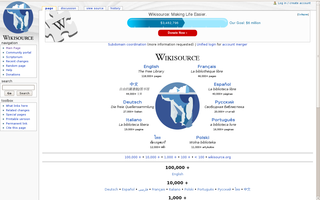
Charles Reade was an English novelist and dramatist, best known for The Cloister and the Hearth.

Elizabeth Johnson, familiarly known as "Tetty", was the widow of Birmingham merchant Henry Porter, and later the wife of English writer Samuel Johnson, whom she predeceased.
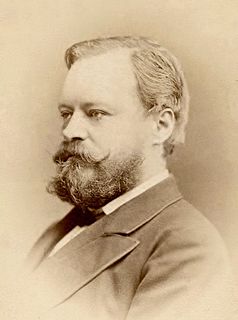
Harry Govier Seeley was a British paleontologist.
Brian Reade is an award-winning journalist and author who has two weekly opinion columns, one on football, for the Daily Mirror. He was born in Wavertree and grew up in Huyton.

Arthur Philemon Coleman was a Canadian geologist and academic.
Albert Charles Seward FRS was a British botanist and geologist.
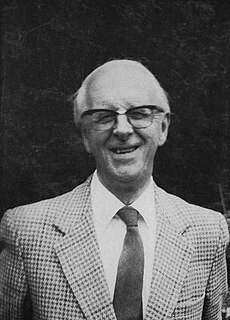
Frank William Walbank was a scholar of ancient history, particularly the history of Polybius. He was born in Bingley, Yorkshire and died in Cambridge.
Reade is a surname of English origin, and may refer to:
William Whitehead Watts FRS was a British geologist. He was born at Broseley, Shropshire, son of farmer Isaac Watts, and educated at Denstone College and Sidney Sussex College, Cambridge, of which he was a fellow in 1888–94; he gained first class honours in geology in 1881, graduated BA in 1882 and MA in 1885, and became ScD in 1909. He lectured for the Cambridge University Extension Scheme for ten years. He began to study the geology of Shropshire and his first paper on the subject was published in 1885. He worked with Charles Lapworth on Shelve and the Corndon and taught at Mason College during Lapworth's absence.
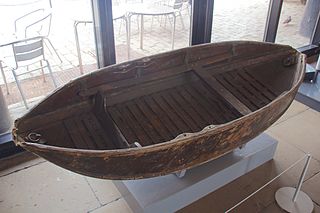
A folding boat is usually a smaller boat, typically ranging from about 2 to nearly 6 metres (20 ft). Folding boats can be carried by one or two persons, and comfortably fit into a car trunk when packed.

Frederick William Pomeroy was a prolific British sculptor of architectural and monumental works. He was one of the so-called New Sculptors identified by Edmund Gosse in 1894 – a group distinguished by a stylistic turn towards naturalism and their work in architectural sculpture.
Thomas Eric Peet was an English Egyptologist.
Luis Philip Senarens (1863–1939) was an American dime novel writer specializing in science fiction, once called "the American Jules Verne". He grew up in a Cuban-American family in Brooklyn.
Robert Millner Shackleton FRS was a British field geologist who developed an interest in the geology of East Africa. He initiated structural studies across orogenic belts in Tanzania-Zambia-Malawi, major studies across the Limpopo Belt and adjacent Archaean greenstone belts of Zimbabwe-Botswana-South Africa and projects across the orogenic systems of Egypt, Sudan and Kenya. Just prior to his death he was working on a detailed compilation of the Precambrian geology of East Africa. At the age of 75 he led a Royal Society geological traverse across Tibet, in collaboration with the Academica Sinica, Beijing.
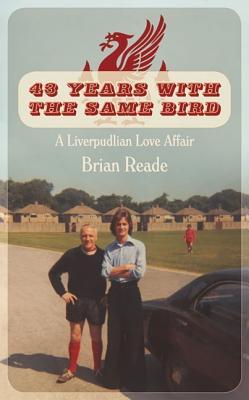
43 years with the Same Bird is a 2008 book written by Daily Mirror columnist Brian Reade. It documents his lifelong following of Liverpool F.C..

Lionel Brough was a British actor and comedian. After beginning a journalistic career and performing as an amateur, he became a professional actor, performing mostly in Liverpool during the mid-1860s. He established his career in London as a member of the company at the new Queen's Theatre, Long Acre in 1867, and he soon became known for his roles in Shakespeare, contemporary comedies, and classics, especially as Tony Lumpkin in She Stoops to Conquer.
John Cunningham was a Scottish architect perhaps best known for designing Lime Street railway station and the original Philharmonic Hall in Liverpool.

The Shellbend is a wooden folding boat, designed in the late 19th century by the Liverpool architect and civil engineer Mellard Treleaven Reade. It is constructed out of mahogany panels, which fold using canvas hinges to a fifth of the boat's original size. The intent was to create a lightweight collapsible boat, lighter than a solid-hull boat, to be used as a ship's tender.














